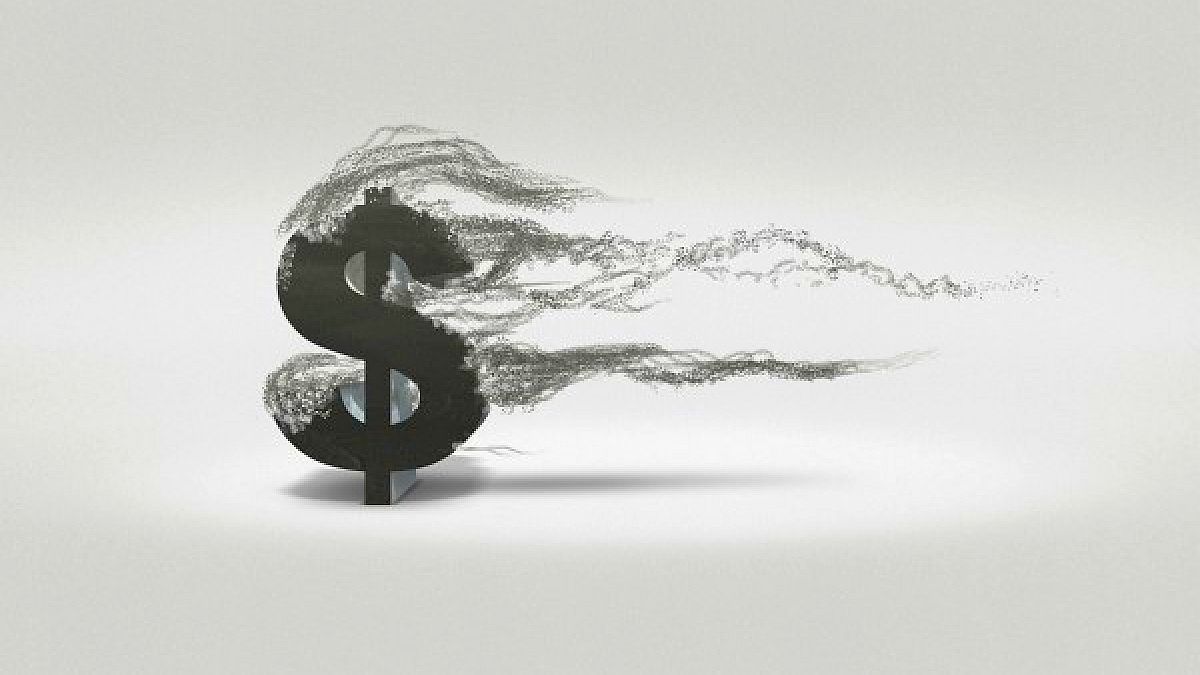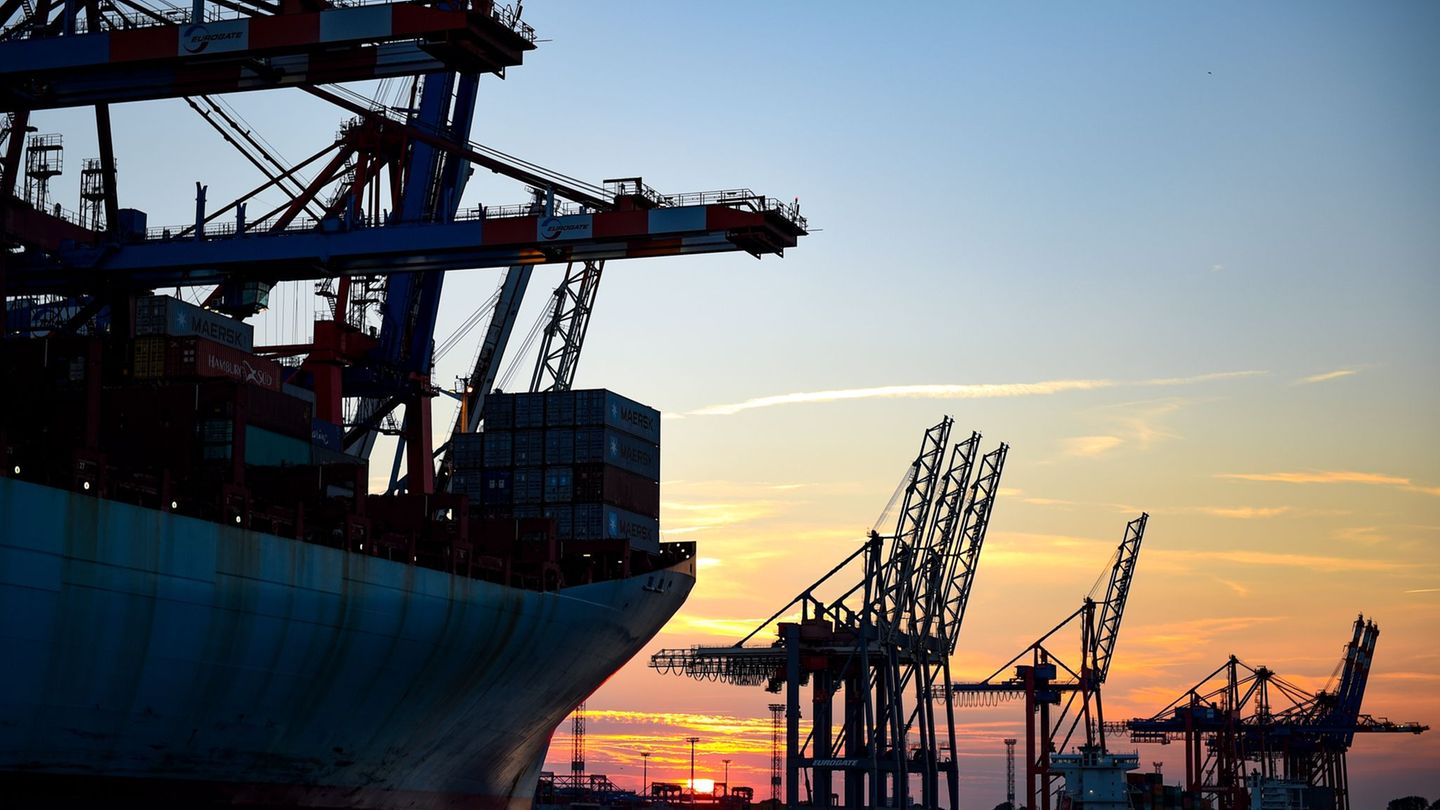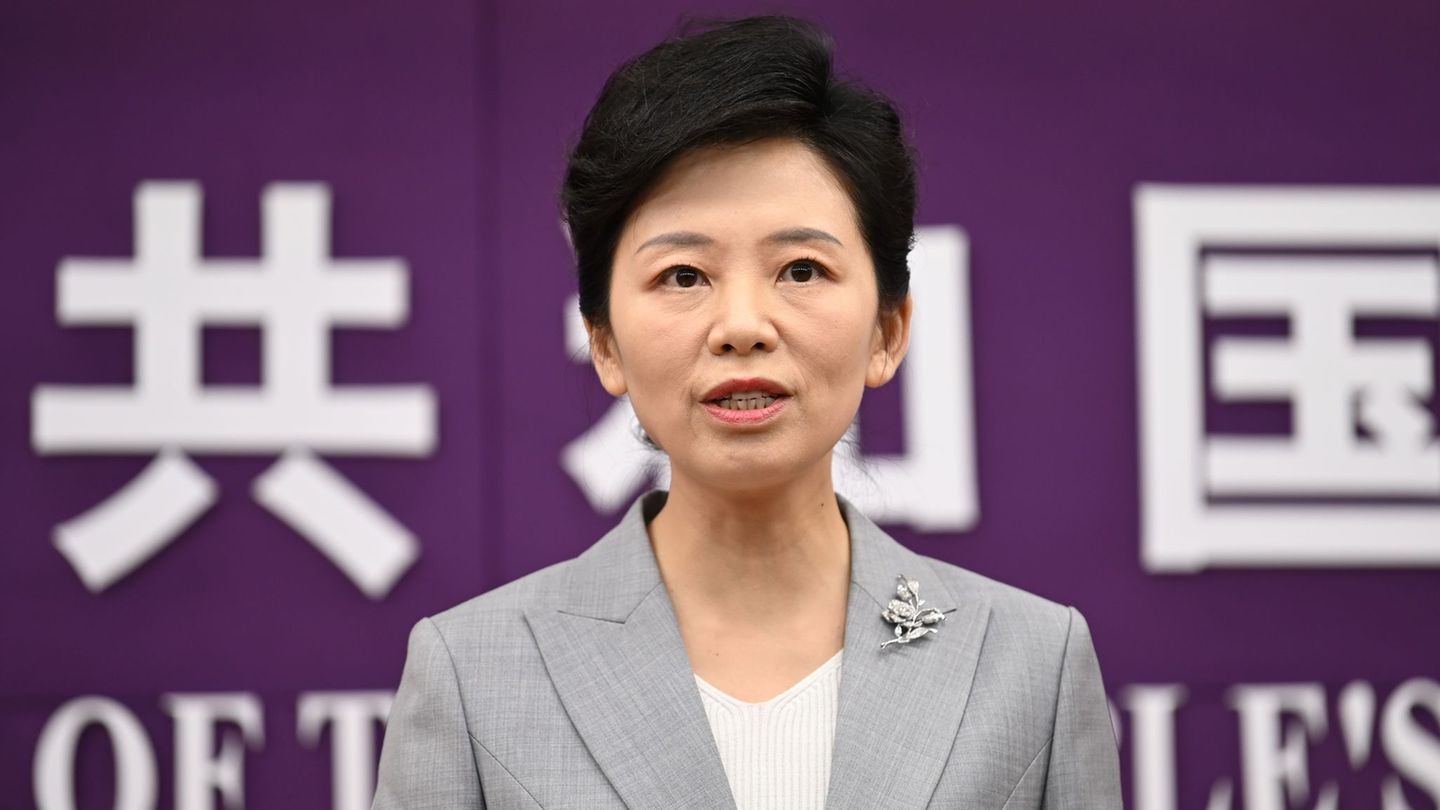He argued that the maturities of the debt in foreign currency in the first quarter are “impossible” to meet. In December alone, almost 2,500 million dollars must be faced and in January another 1,800 million are added.
Arriazu affirmed that the normal thing in the whole world is that debts are renewed, “less for us because we are scammers “, in reference to the repeated defaults in which the country fell. For this reason, he explained, “The only one that lends us is the International Monetary Fund, but in return it asks us for a program.”
When raising the possible scenarios, he considered that there may or may not be an understanding with the IMF. But he warned that, if there were no understanding, “we would approach Venezuela with higher inflation (this country has just removed 13 zeros from its currency) and greater controls”.
The IMF’s requirements, he anticipated, will include a fiscal adjustment, raising rates and floating the exchange rate, among others. In his view, the schemes of Gradual devaluation above inflation does not work, because price makers get ahead of the curve, from where his recommendation is to devalue together with the implementation of a fiscal program that eliminates the deficit, stop issuing and end indexation.
He considered that a fiscal adjustment is possible, but the problem is the distribution between winners and losers. The Economist
argued that to the extent that the country has a current account surplus, It is not necessary to lower the standard of living of the population, but he stated that it is necessary to increase private investment and reduce public spending.
Precisely, in relation to the problems of spending allocation, it was asked what sense to increase economic subsidies to, for example, make electricity cheaper for people who can pay higher rates. Economic subsidies represent more than 3 points of GDP, when infrastructure spending is only 1 point.
He said that the consumer will pay 1.5 dollars for the m3 of gas when the producer is assured 3.5 dollars, the gas that is imported from Bolivia costs between 6 and 14 dollars and the liquefied that is imported 20 dollars.
Among the difficulties that Argentina faces, I point to “politics and sectoral aspirations”. Likewise, the “merry-go-round” of relative prices and finally the lack of confidence and exogenous factors (some of them are: uncertainty due to the La Niña effect, the eventual rise in the United States interest rate and the new strains of the COVID).
In the field of solutions, he considered that it is necessary to make a program with a correct diagnosis and then find a statesman who understands it and convinces society that it is necessary to apply it.
Source From: Ambito
David William is a talented author who has made a name for himself in the world of writing. He is a professional author who writes on a wide range of topics, from general interest to opinion news. David is currently working as a writer at 24 hours worlds where he brings his unique perspective and in-depth research to his articles, making them both informative and engaging.




